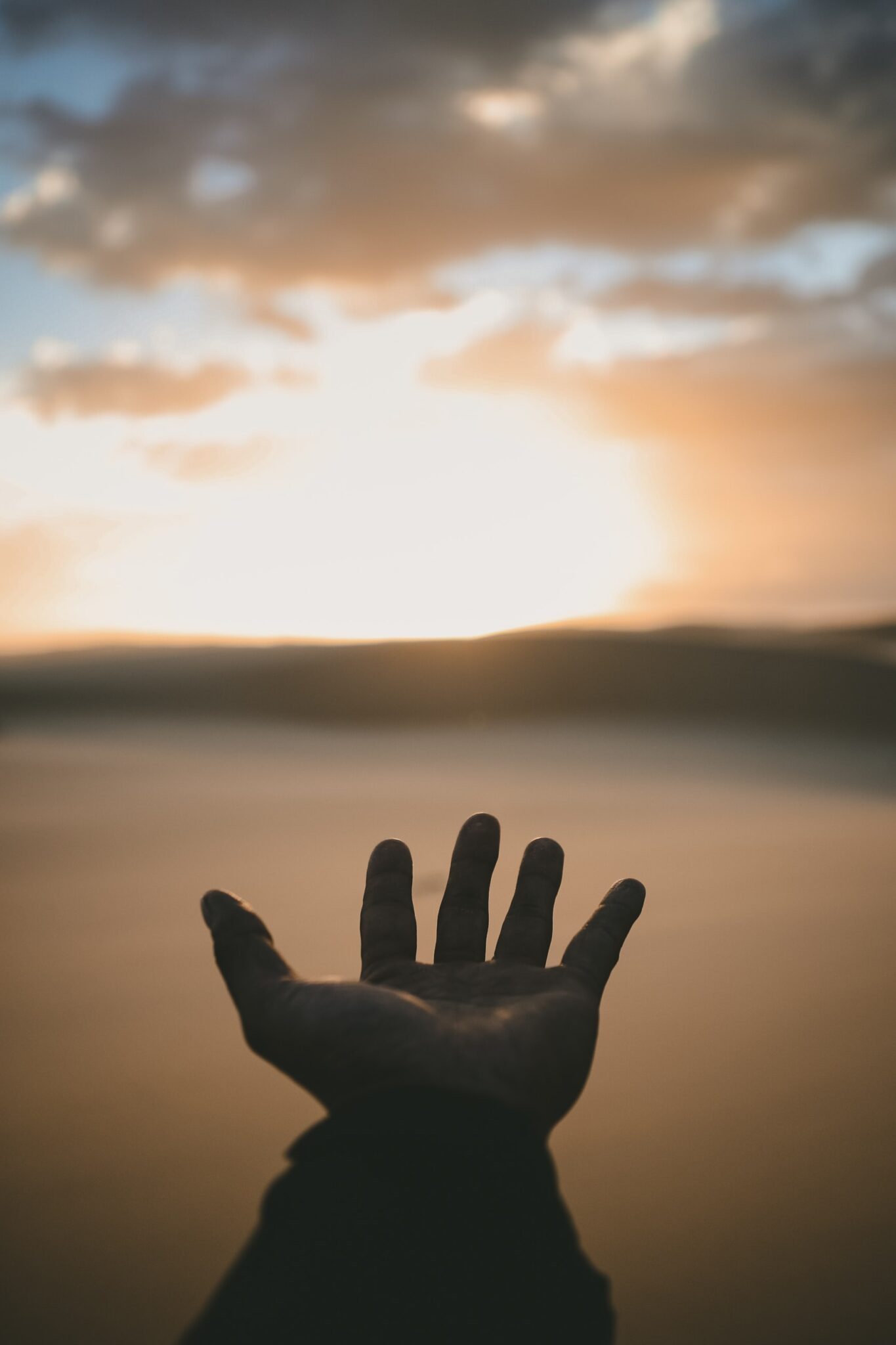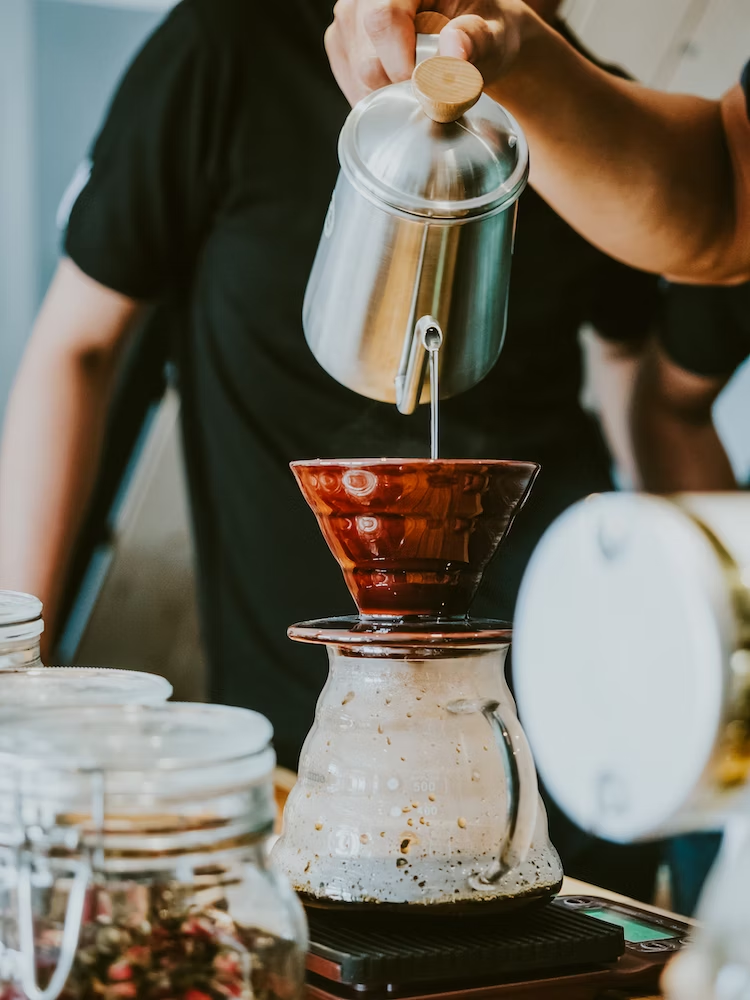
First!
July 14, 2020
Hey! Thanks for visiting my site. Welcome to my first post. I plan on using this page as a platform to share both my professional and personal stories. I’ve been struggling to get back into writing; this might just do the trick!
Let me introduce myself but not in the typical way . . .
